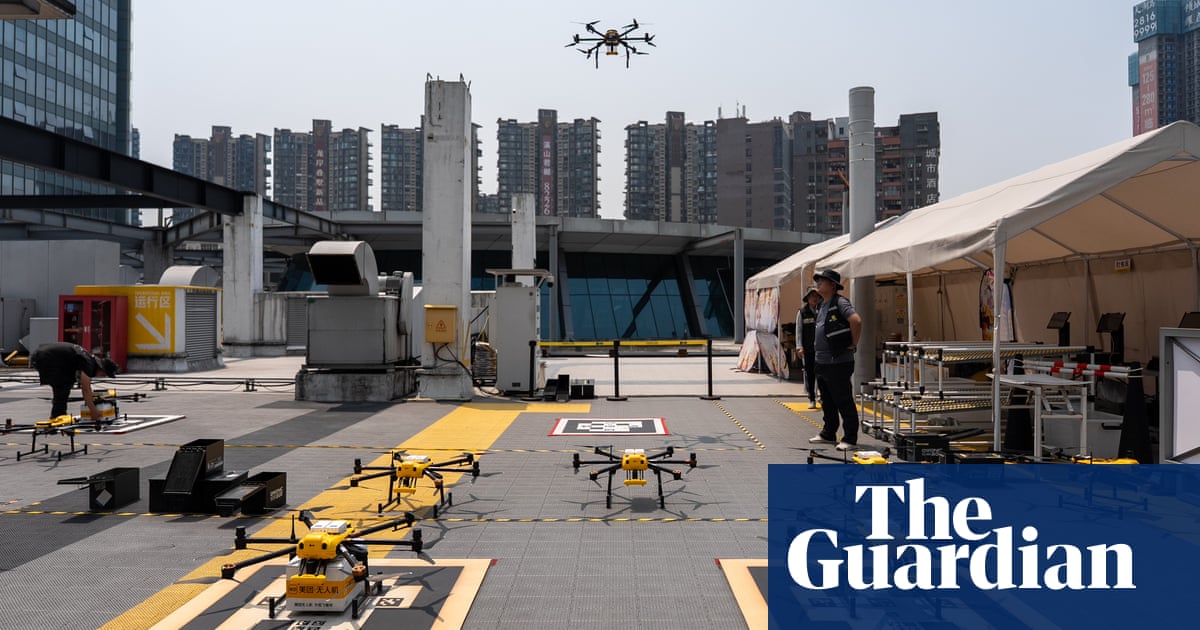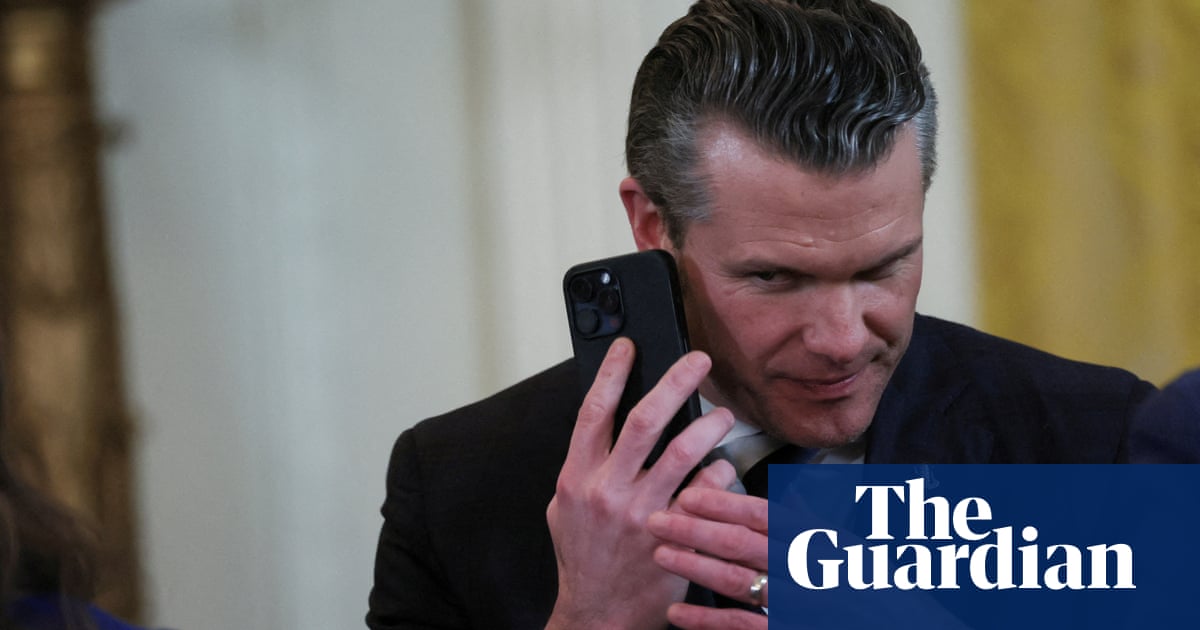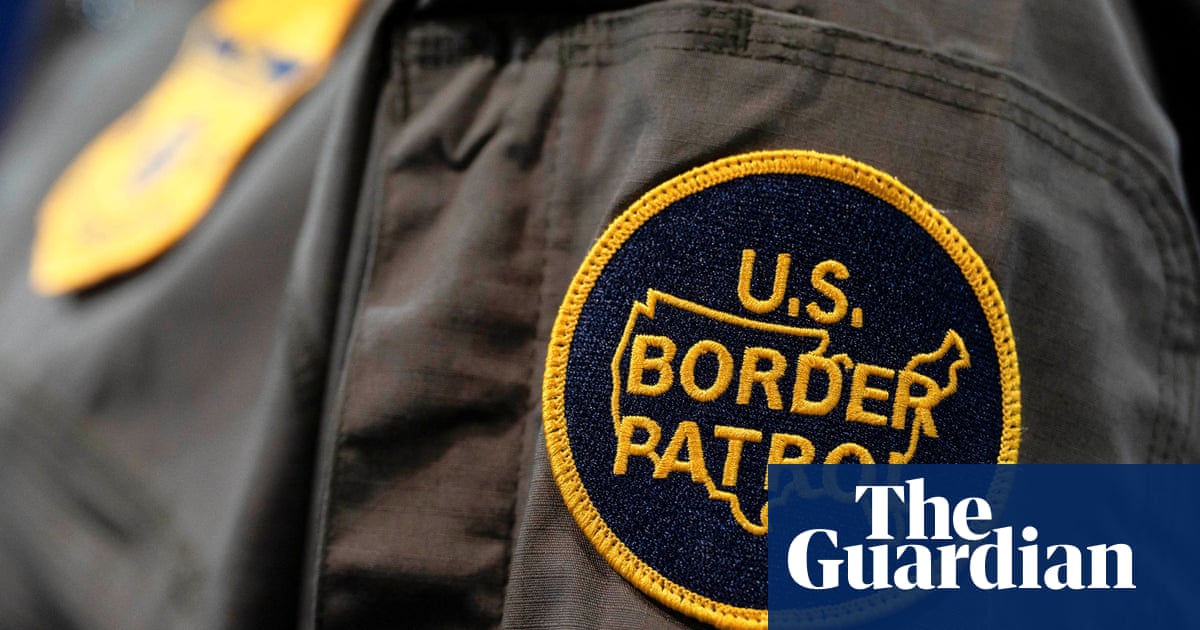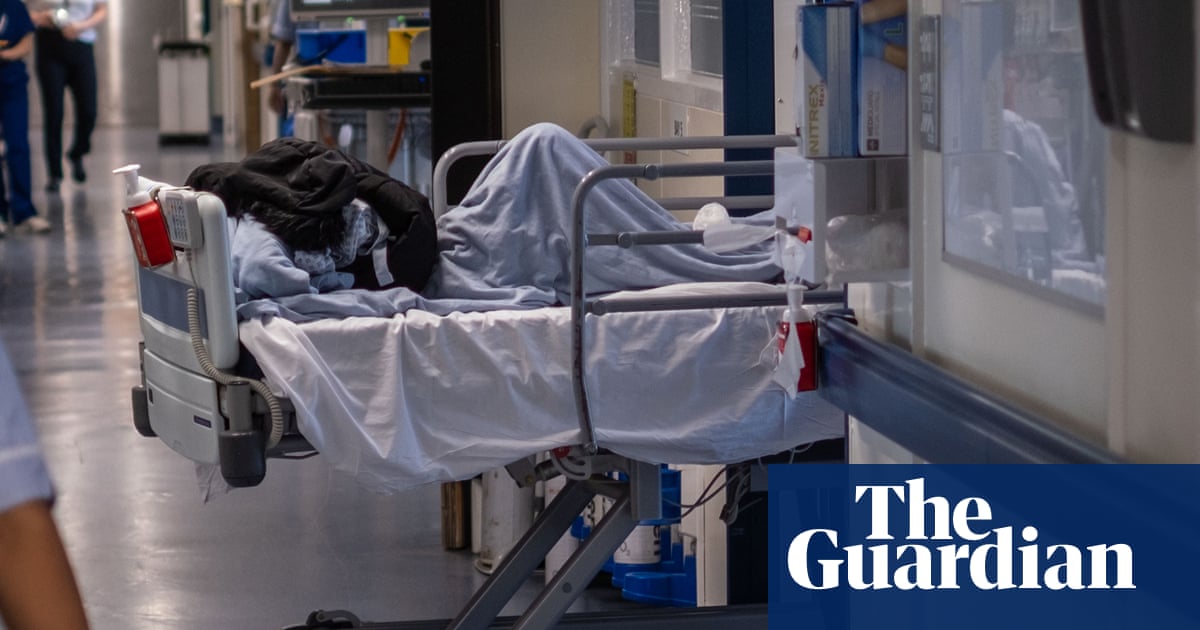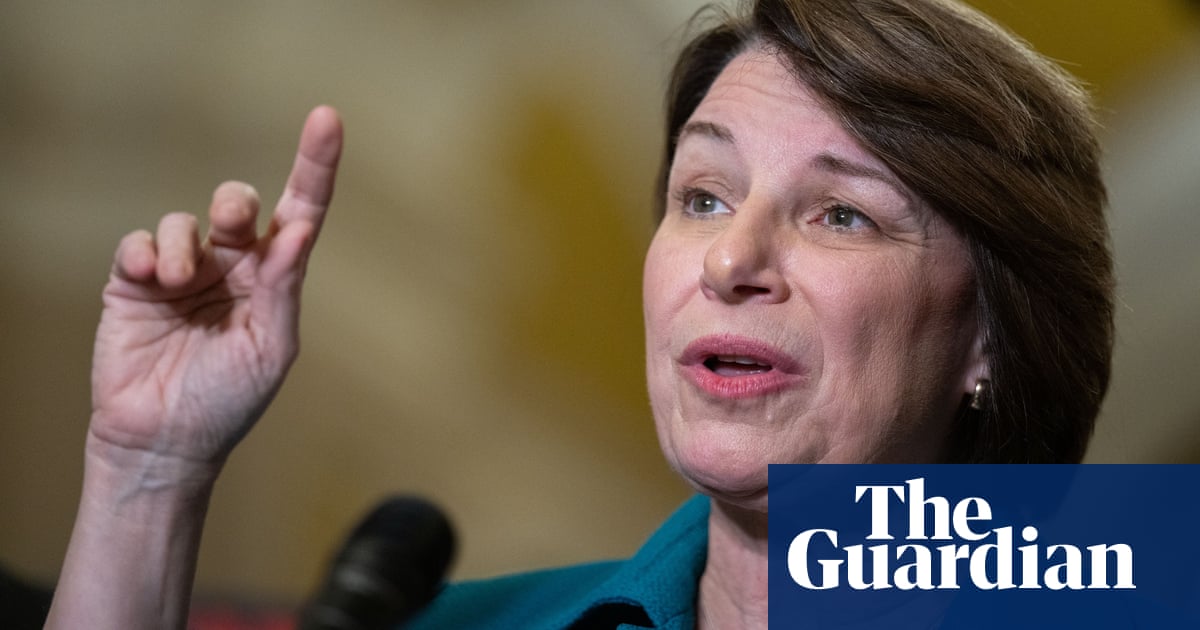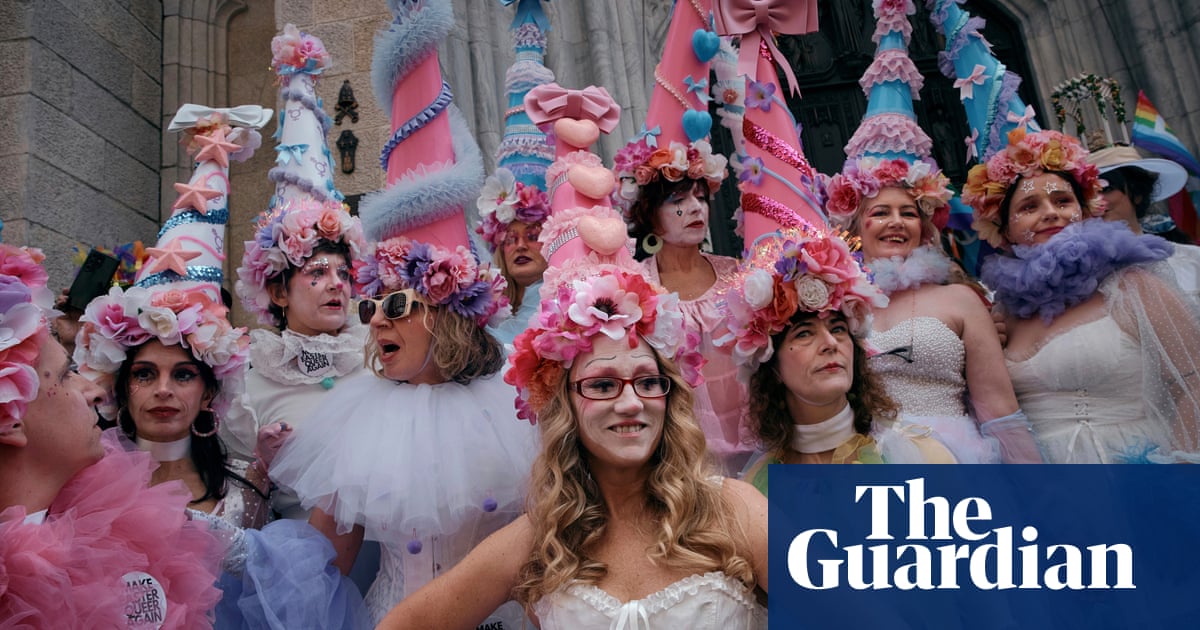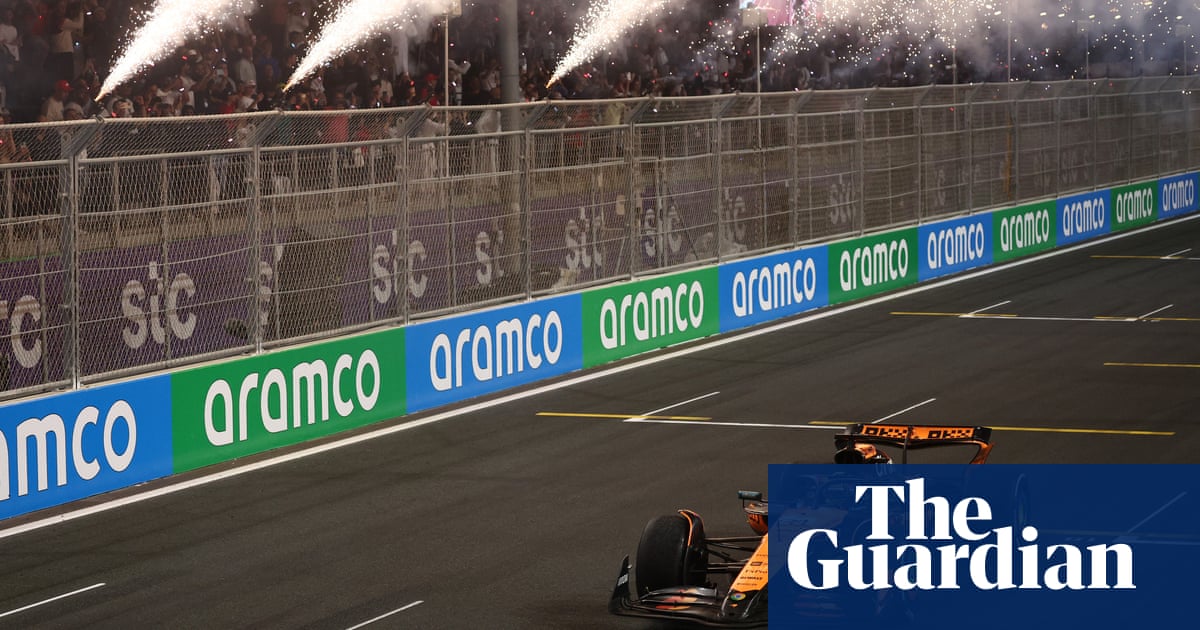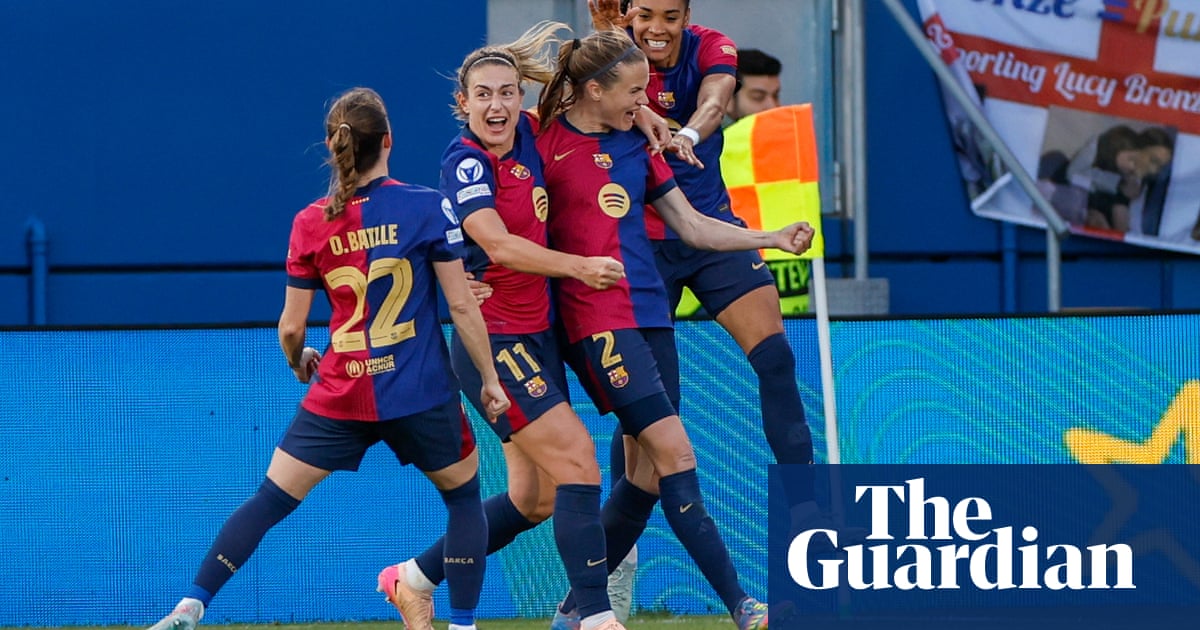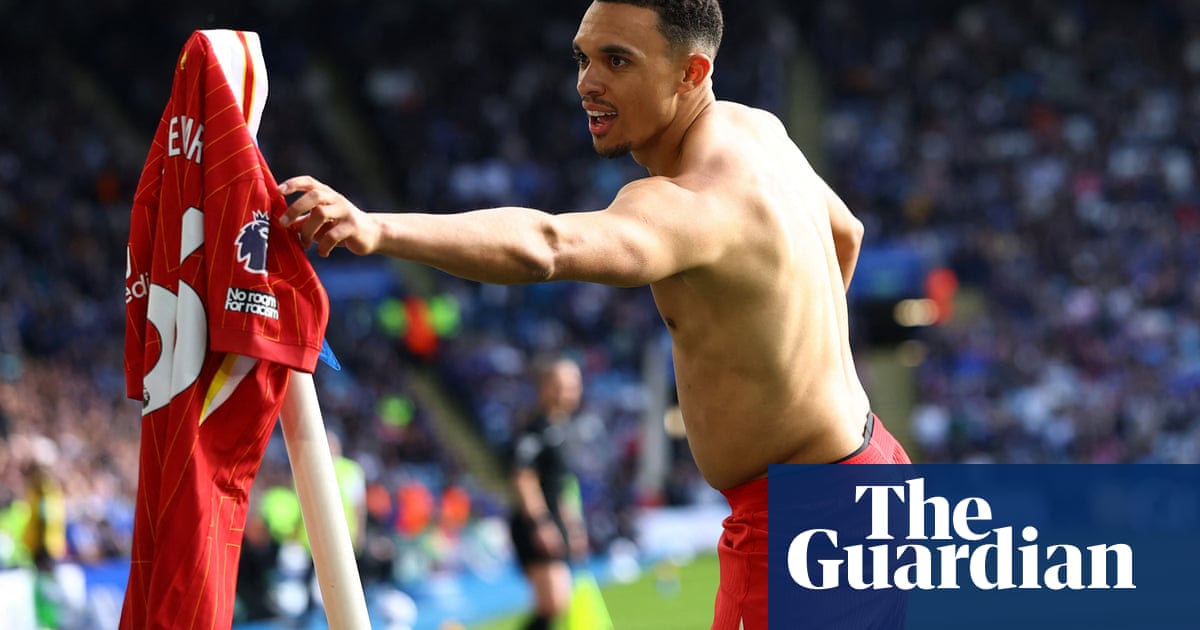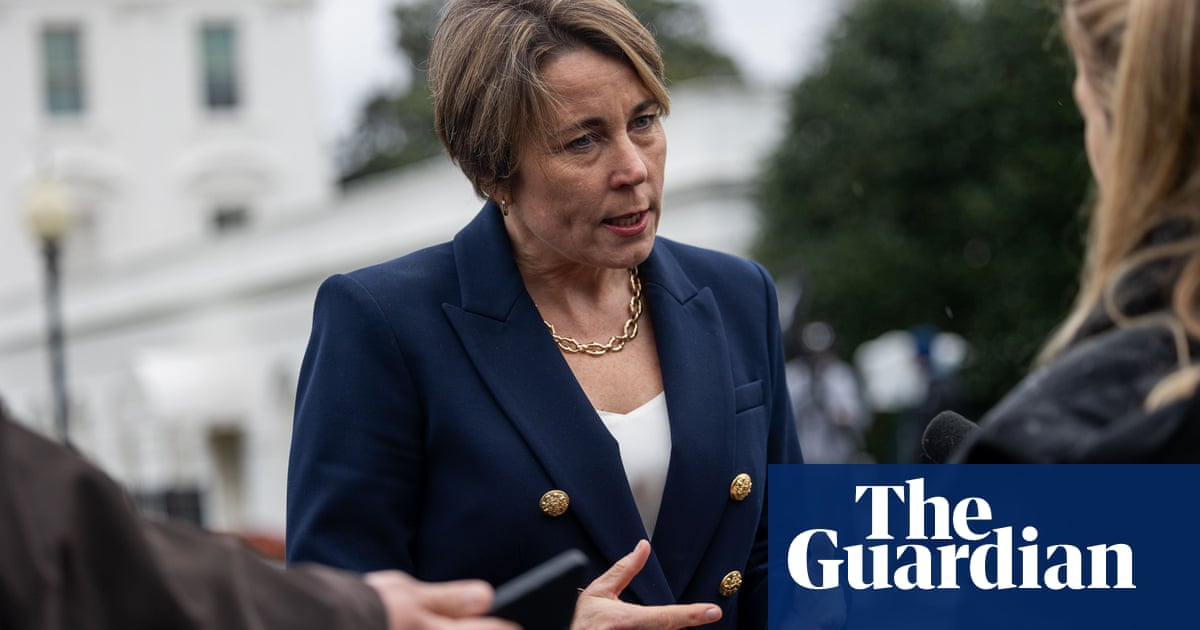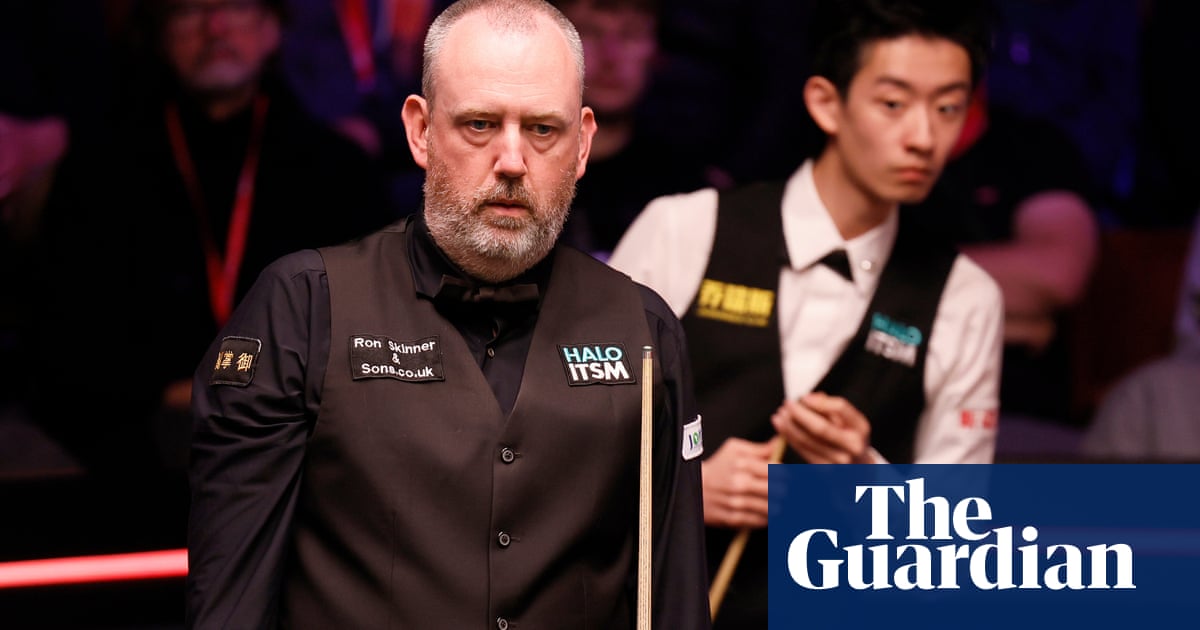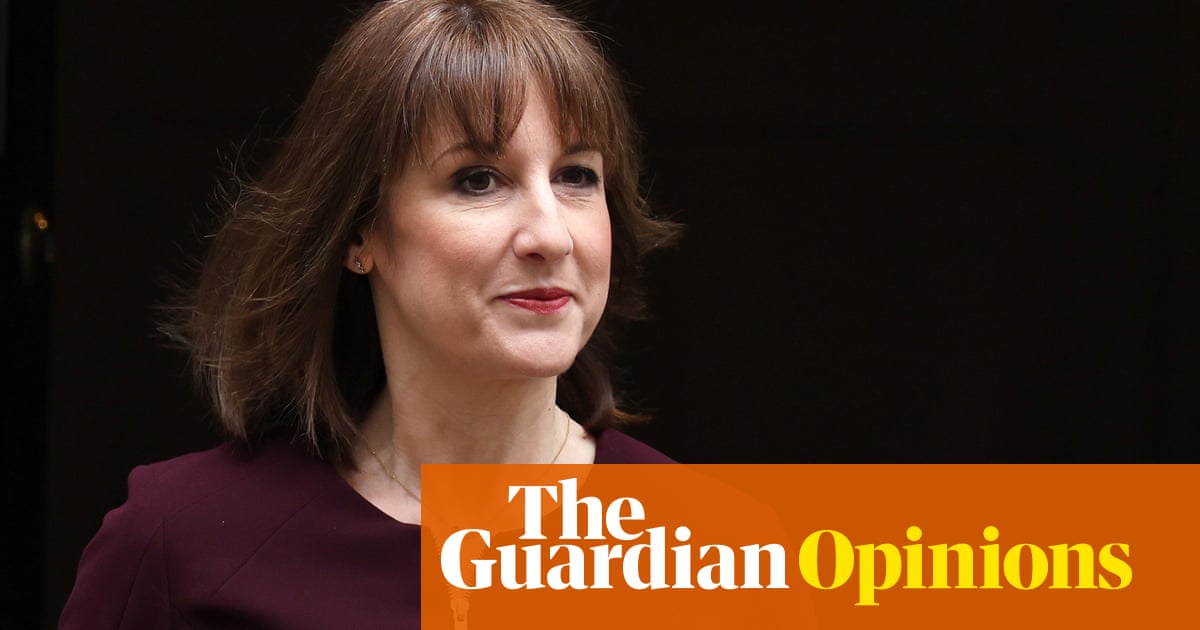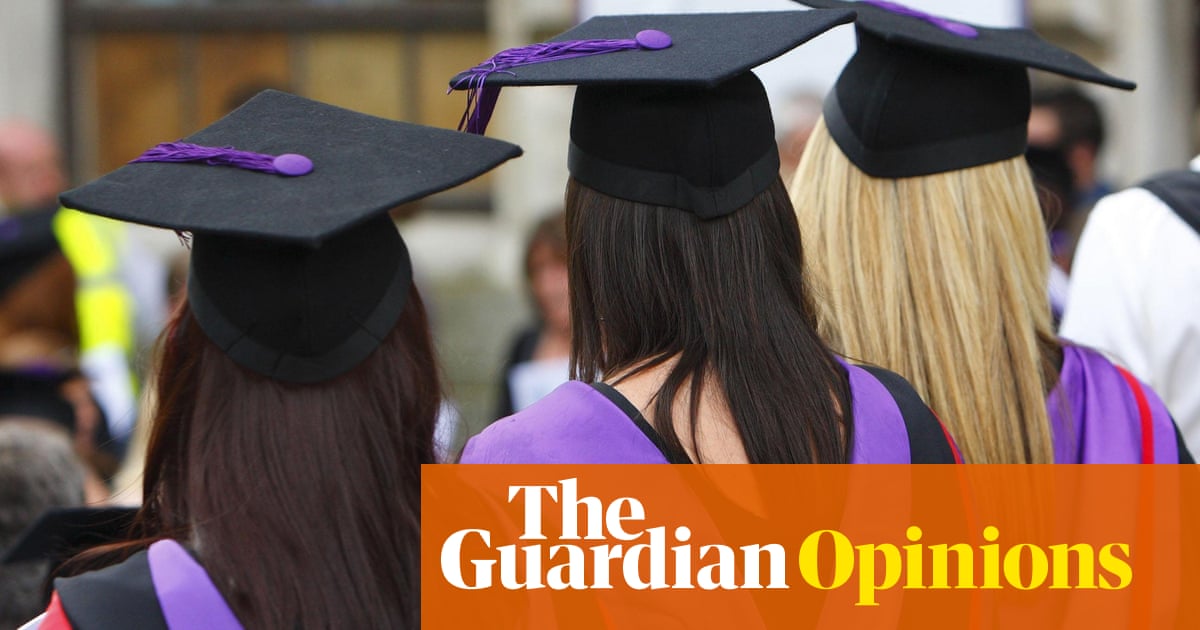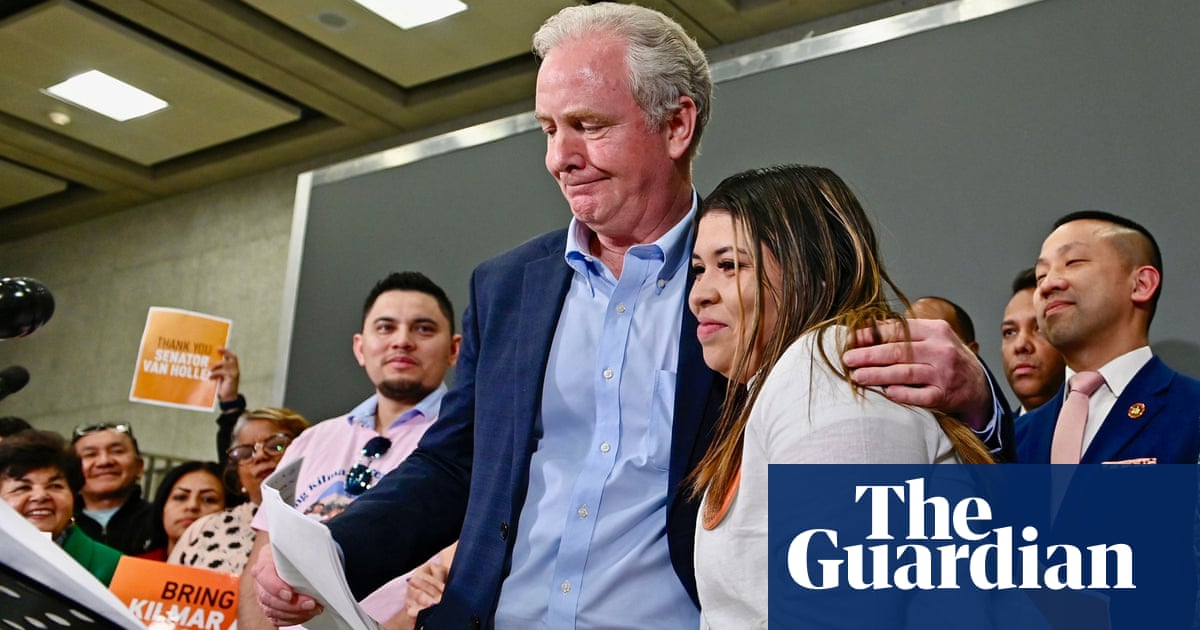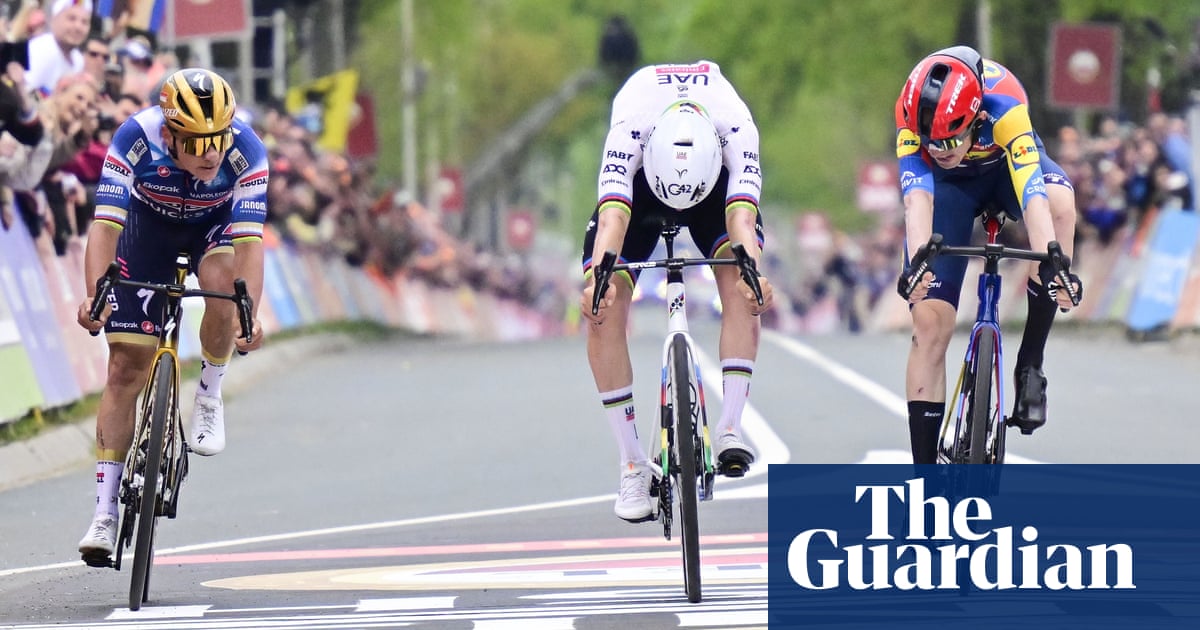Allies of Venezuela’s most influential opposition leader, María Corina Machado, say she has been “kidnapped” from the streets of Caracas by regime officials after sneaking out of her hideout to lead a major protest against the authoritarian president, Nicolás Maduro.
Maduro is set to be sworn in for his third presidential term on Friday, despite widespread suspicions that he stole last year’s election. Hugo Chávez’s heir has produced no proof of his claim to victory while Machado’s movement has published detailed voting tallies offering compelling evidence that its candidate, Edmundo González, actually won.
On Thursday, thousands of opposition supporters took to the streets of cities across Venezuela to protest against Maduro’s planned swearing-in at the behest of Machado, who went into hiding shortly after the 28 July 2024 vote to avoid capture.
After more than 133 days holed up in a secret location, Machado, 57, reappeared on Thursday afternoon at the heart of a large crowd of protesters in Caracas. Clambering on to a truck, the politician led them in chants of: “We are not afraid.”
After delivering an impassioned speech, Machado left the rally but was “violently intercepted”, her representatives said in a short statement.
“Regime officials opened fire on the motorbikes that were transporting her,” Machado’s representatives added.
Carla Angola, a prominent Venezuelan journalist, wrote on X: “The regime has kidnapped María Corina.”
Another top Venezuelan journalist, Luz Mely Reyes, said that before she was taken Machado had told her team “not to negotiate her freedom”.
Phil Gunson, a Caracas-based analyst for Crisis Group, said: “We know for certain that she has been carted off. It looks like at least one person was shot in this operation.”
Gunson said that for years Maduro’s administration had held back from detaining Machado, reckoning that, while she was “an irritant”, arresting her could potentially backfire by making her even more popular. Those calculations appeared to have changed on Thursday after her appearance at the protest in Caracas.
“She made them look ridiculous today. They swamped the city with police and military and colectivos [pro-regime motorbike gangs] and she appeared at the rally and just thumbed her nose at them basically. I think that was a step too far,” Gunson said. “She knew that this could happen … she was prepared for it – and they have taken the bait.”
Machado’s detention sparked international condemnation. “The dictatorial regime is responsible for her life,” tweeted Panama’s president, José Raúl Mulino.
Colombia’s former president, Iván Duque, called the detention “yet another demonstration of the vileness of the cowardly dictator Maduro”.
Edmundo González wrote on social media: “As president-elect, I demand the liberation of María Corina Machado [who was] kidnapped by Venezuelan security forces. To the security corps who kidnapped her, I say: do not play with fire.”
Gunson said the consequences on the ground in Venezuela were unpredictable. “The key thing is what the reaction of the security forces is. So long as the security forces – or at least the high command – remains solidly behind Maduro, he’s probably safe. But this is going to cause more problems for the government.”
Carlos Lizarralde, the author of a book called Venezuela’s Collapse: The Long Story of How Things Fell Apart, said he saw Machado’s reported detention as a sign that Maduro’s regime was confident a huge post-election security crackdown that has seen hundreds of people thrown in jail was having the desired effect.
“Their gameplan has been very clear to me from day one: the gameplan is to take control of the streets [with security forces and police]; create an environment of terror so that people think twice before any kind of action against the government or any kind of protest; neutralize any network that might threaten them; consolidate their power within police departments and the military … and proceed as if nothing were happening. That is what they are doing … and, from Maduro’s point of view, things are going swimmingly,” Lizarralde said, adding: “I think they feel very, very secure and very in control.”
Speaking to journalists on Tuesday, in one of her most recent major interviews, Machado said Venezuela was approaching “one of the most important moments in Latin American history”.
“The only thing the regime has left is repression – the only thing it has left is instilling fear in Venezuelans and if Venezuelans can overcome this fear, repression will be pointless,” she added.

.png) 3 months ago
38
3 months ago
38
